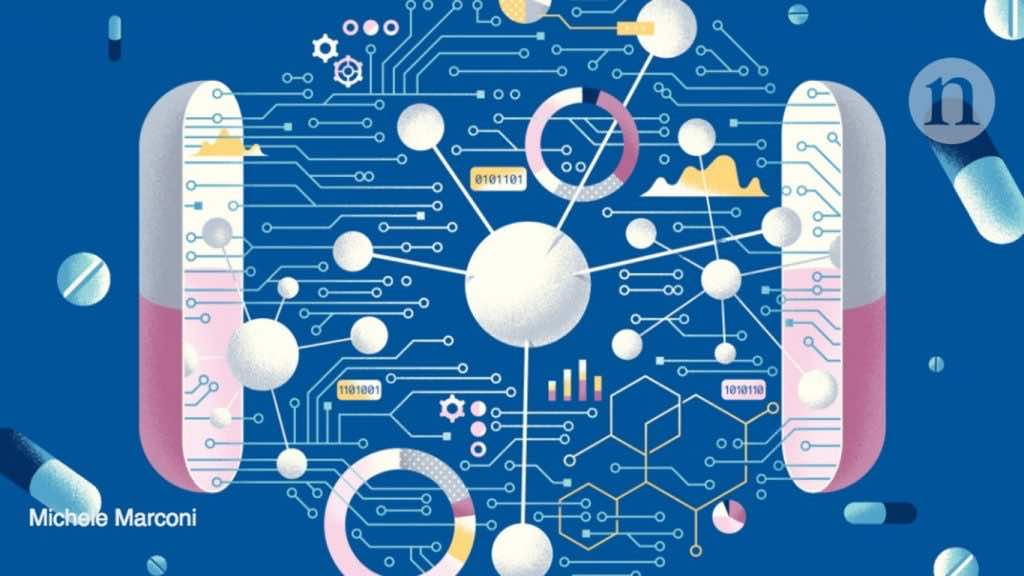City College of New York’s new AI model will now predict human response to novel drug compounds with higher accuracy. The method is also more economical and quicker than before.
The technique was published in Nature Mature Intelligence on October 17.
According to research, the new CODE-AE model can screen unique medication molecules and accurately forecast their effectiveness in people. During tests, it found potentially more effective tailored medications for more than 9,000 patients.
This can prove vital for medicine as the technique ensures that correct and patient-specific results are recorded after the use of medicines. This will help make medicine safer and more effective.
It is a known fact that, in the early stages, direct testing on humans is immoral and impossible. Hence, to test the result of medicine, cell or tissue models of the human body are often used, said the statement.
Unfortunately, the treatment efficacy and toxicity in actual patients frequently do not match the pharmacological impact in a disease model.
“Our new machine learning model can address the translational challenge from disease models to humans,” said Lei Xie, a professor of Computer Science, Biology, and Biochemistry at the CUNY Graduate Center and Hunter College and the paper’s senior author.
“CODE-AE uses biology-inspired design and takes advantage of several recent advances in machine learning. For example, one of its components uses similar techniques in Deepfake image generation.”
“Although many methods have been developed to utilize cell-line screens for predicting clinical responses, their performances are unreliable due to data incongruity and discrepancies,” a CUNY Graduate Center Ph.D. student and co-author of the paper.
“CODE-AE can extract intrinsic biological signals masked by noise and confounding factors and effectively alleviated the data-discrepancy problem.”
The method is backed by the National Institute of General Medical Sciences and the National Institute on Aging. The research team will now establish a method for CODE-AE to correctly predict the effect of a new drug’s concentration and metabolization in human bodies.

